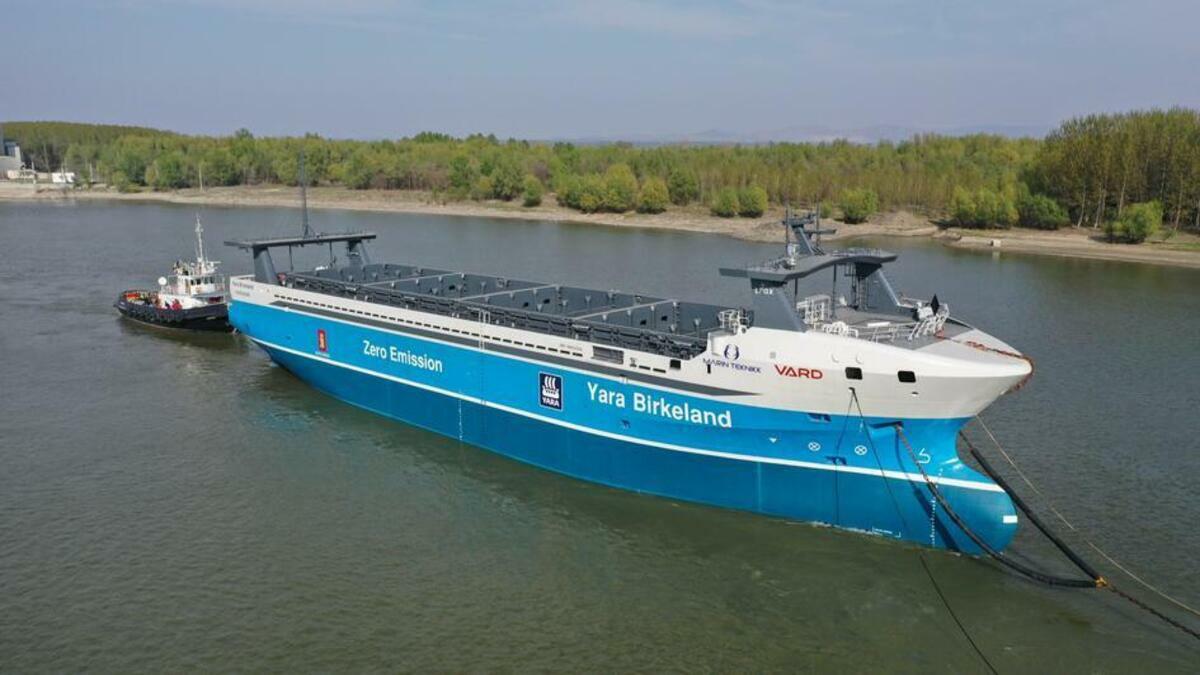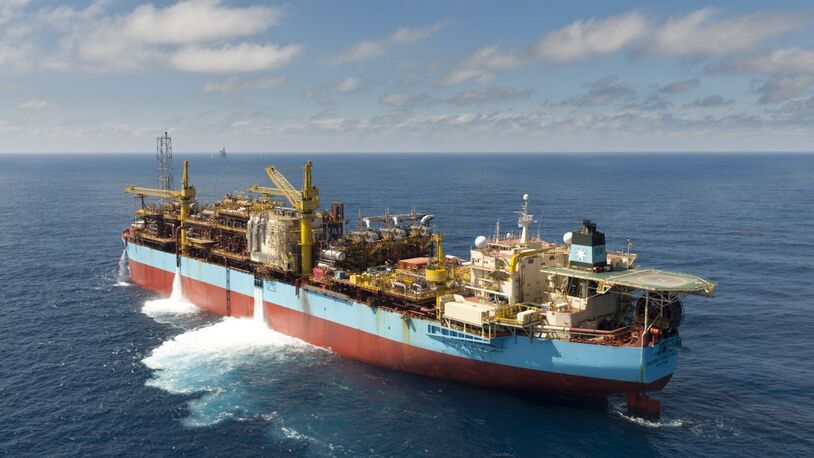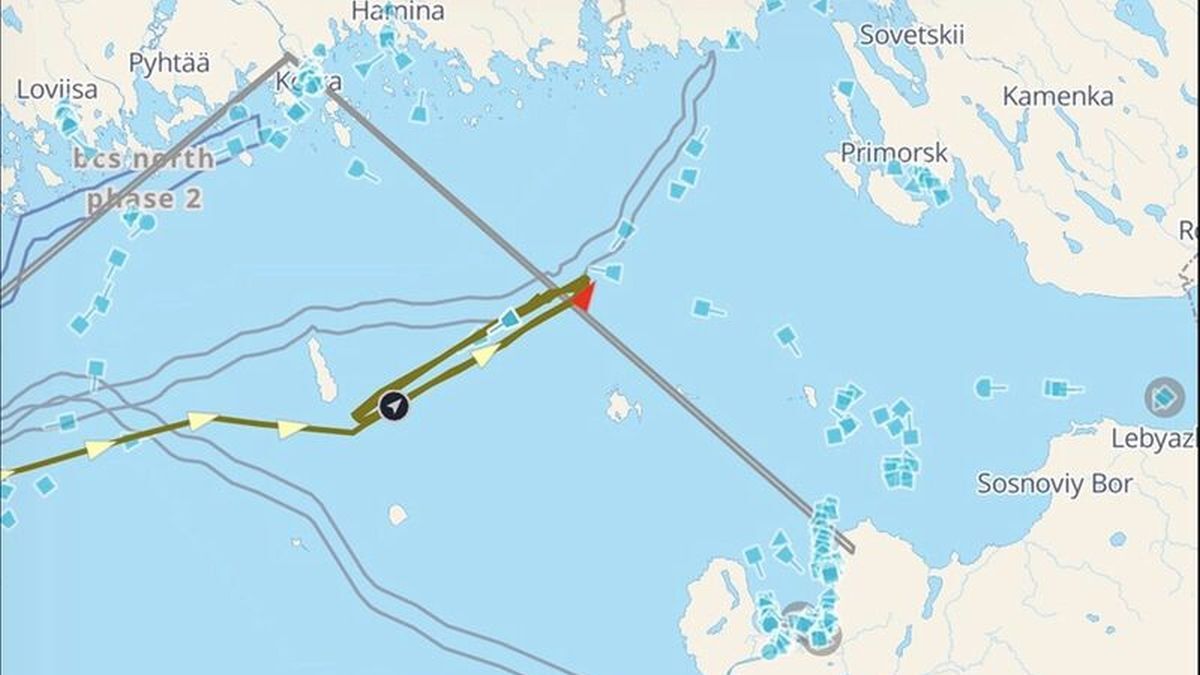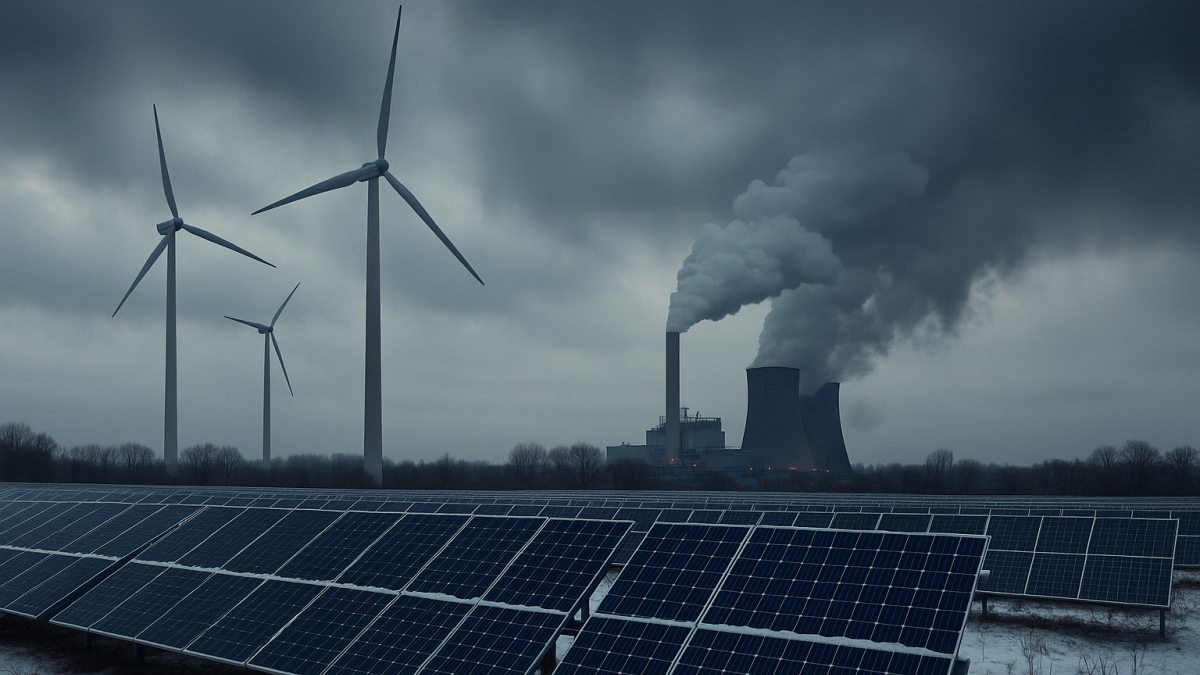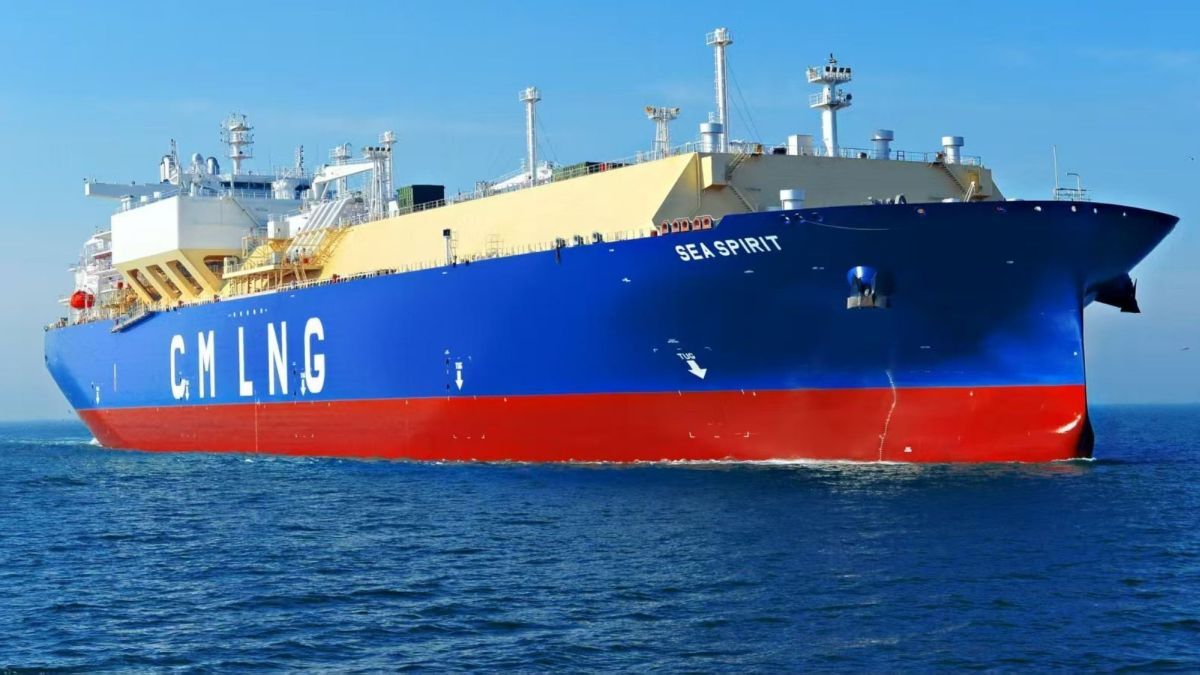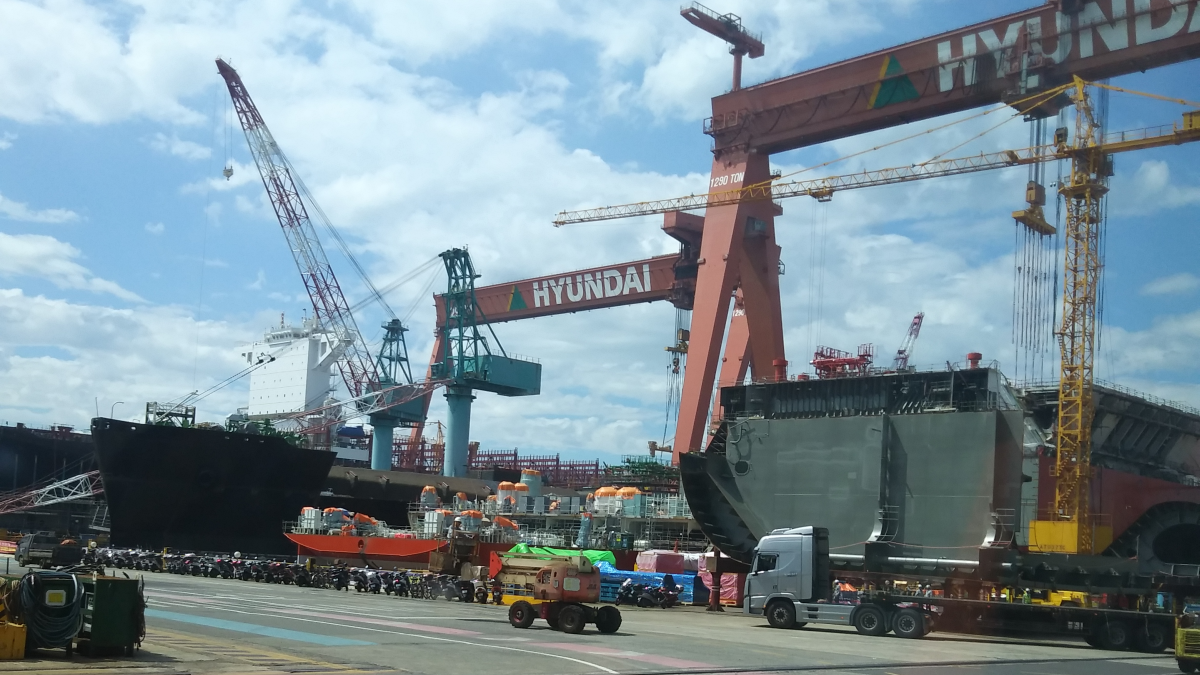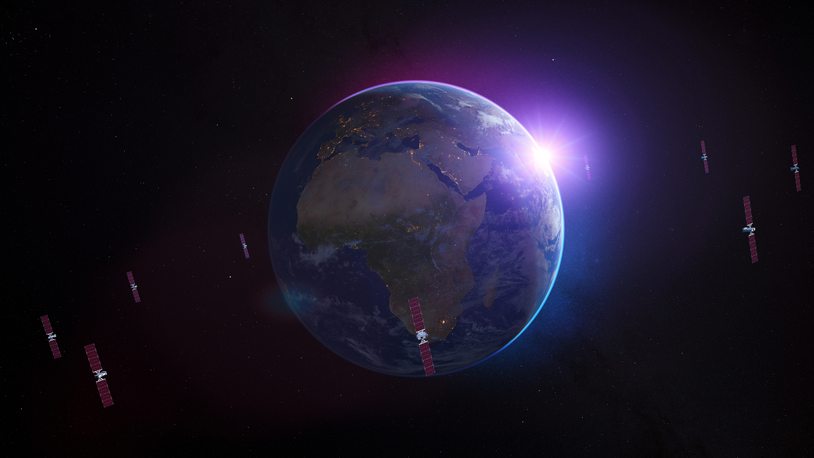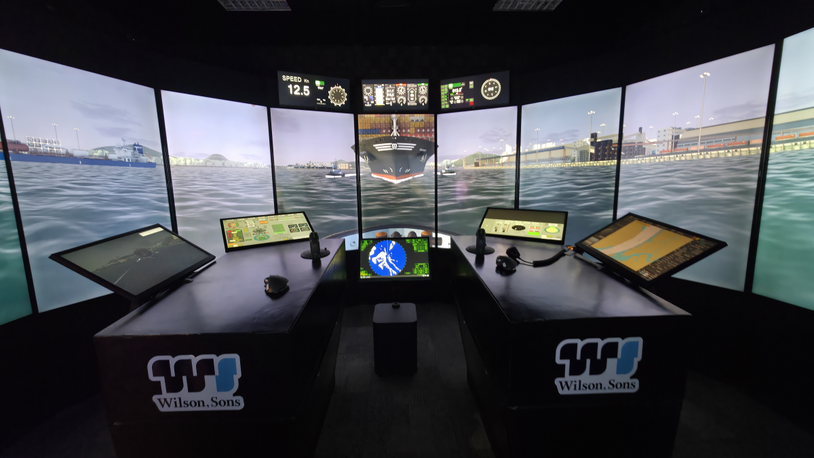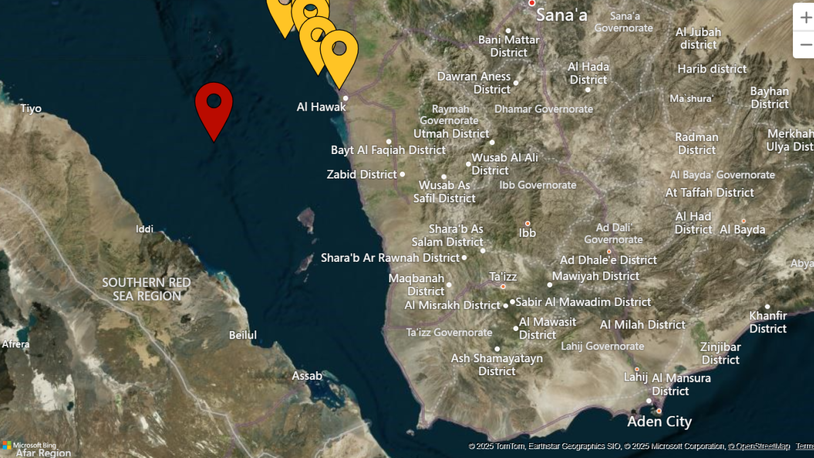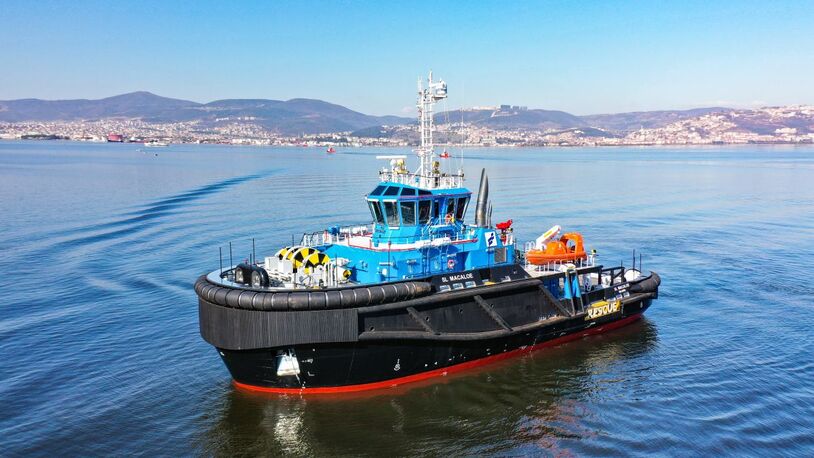Business Sectors
Events
Contents
Register to read more articles.
DNV launches autonomous shipping class notations
A major classification society has developed class notations enabling autonomous shipping technologies to be developed ahead of the introduction of a voluntary international code
Greater interest in developing autonomous and remote-control ships has led classification society DNV to introduce class notations enabling their adoption. These notations come as IMO aims to introduce its voluntary Maritime Autonomous Surface Ships (MASS code) in 2025.
The MASS code could be mandatory by 2032 under current legislative planning, but this leaves a gap in international requirements in the meantime.
On 15 January, DNV unveiled its new class notations: Autonomous and Remotely Operated Ships (AROS) covers four specific functions for autonomous ships – navigation, engineering, operational and safety.
AROS notations provide the maritime industry with a necessary structure for advancing autonomous shipping technologies, in close co-operation with the flag and coastal states, which hold ultimate approval responsibility.
“Autonomous shipping, in all its formats, is a key part of the future development of shipping,” said DNV Maritime technical director of classification, Geir Dugstad.
“With the AROS notations, we will see novel autonomous and remotely controlled pilot projects achieving at least the same safety levels as conventional vessels,” he said.
“When the technology from these pilots becomes available for seafarers, features such as collision and grounding avoidance, vessel look-up support and remote machinery support can help improve safety and reliability.”
AROS notations will be distinguished by category – remote control, decision support, supervised autonomy and full autonomy; and location of ship control – on board, off-ship or hybrid. These definitions are in line with the current plans for IMO’s upcoming MASS code.
DNV’s notations incorporate and build on the Oslo-headquartered organisation’s guideline (DNV-CG-0264) for autonomous vessels.
This guidance combines risk assessment processes for the qualification of autonomous and remotely operated marine technologies with a set of functional requirements.
DNV said this approach is deliberately flexible, “creating the space for future innovation, while also drawing on DNV’s experience with industry partners in project development” within the autonomous shipping space over the past 10 years.
“This is still early days for autonomous and remotely operated ships,” said Mr Dugstad.
“Advances in research, technology and legislation, as well as experience from projects, is expected to lead to significant developments in autonomous shipping technology in the future.”
He said AROS class notations and DNV guidelines would “remain in step with these developments and will mature as autonomous technologies evolve.”
OSJ week 2025: Join the discussion - the Annual Offshore Support Journal Conference, Awards & Exhibition 2025 will be held in London on 4-5 February 2025. OSJ is the world’s largest forum for vessel owners, operators, shipbuilders, charterers and suppliers across the global OSV sector. Use this link to get tickets and join this prestigious event.
Riviera’s Maritime Decarbonisation Conference Asia, will be held in Singapore, 15-16 April 2024 where experts and shipowners will examine the most viable decarbonisation pathways for Asia’s shipping industry. This conference will bring together the latest thinking and developments on net-zero strategies, regulations, technologies, supply chain maturity and economics. Use this link for more information and to reserve your place.
Related to this Story
Events
Offshore Support Journal Conference, Americas 2025
LNG Shipping & Terminals Conference 2025
Vessel Optimisation Webinar Week
© 2024 Riviera Maritime Media Ltd.


